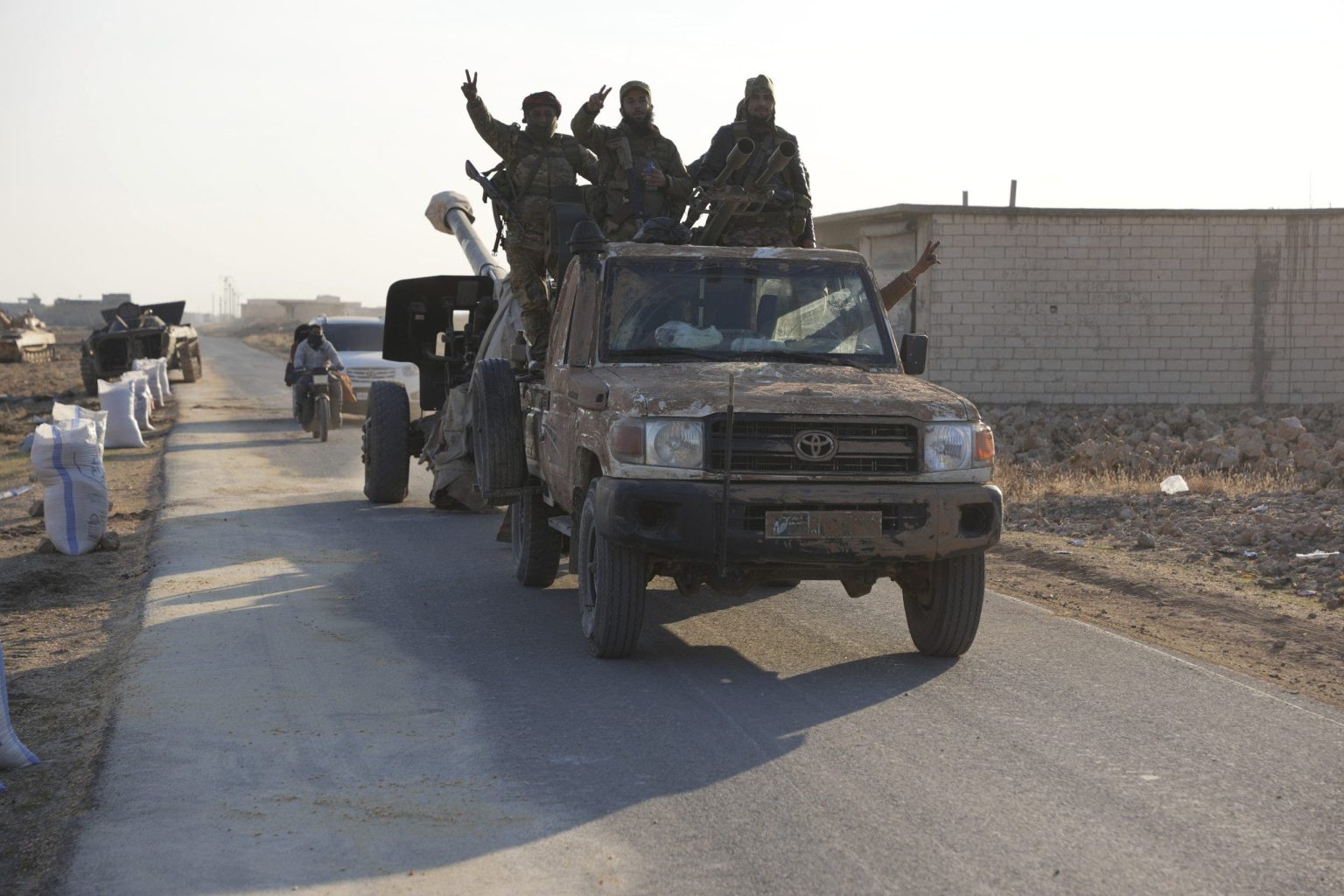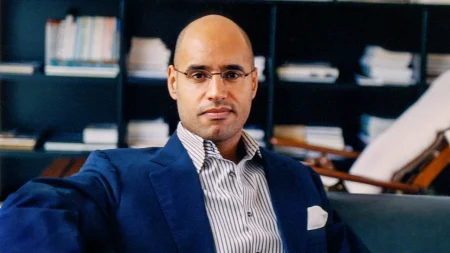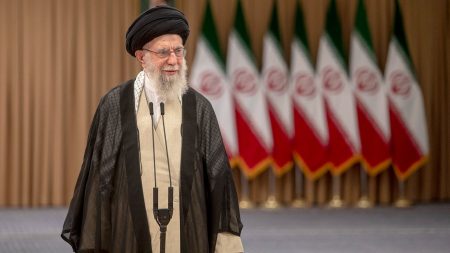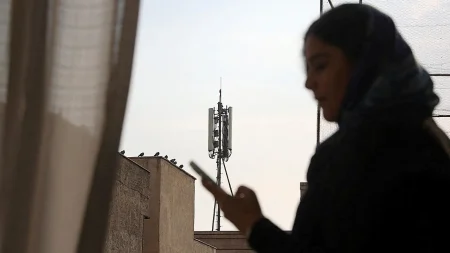The sudden collapse of Bashar al-Assad’s regime in Syria has ushered in a new era of uncertainty, with Hayat Tahrir al-Sham (HTS), a U.S.-designated terrorist group, taking the reins of power. HTS, formerly known for its global jihadist ambitions, claims to have shifted its focus to local governance, citing its administration of Idlib province as evidence of this transformation. However, concerns remain about HTS’s true intentions and capacity for moderate rule, given its past actions and the complex power dynamics in post-Assad Syria.
HTS’s rule in Idlib has been characterized by a blend of administrative functionality and authoritarian control. The group established a bureaucratic system, delivering public services while simultaneously suppressing dissent and enforcing its interpretation of Islamic law. Reports of human rights abuses, including the killing of political activist Raed Fares and the detention and torture of individuals, raise serious questions about HTS’s commitment to democratic principles. While HTS leader Mohammed al-Golani has attempted to rebrand the organization and distance it from al-Qaeda, its record in Idlib reveals a complex and often troubling reality. The group’s treatment of religious minorities has been inconsistent, with reports of both expulsion and peaceful coexistence.
The rapid takeover by HTS has created a power vacuum, intensifying existing vulnerabilities and opening the door for further instability. Multiple actors are vying for influence, creating a chaotic landscape that requires careful navigation by the international community. The U.S. and its allies face the challenge of mitigating risks and promoting a peaceful future for Syria while grappling with the complexities of engaging with a group designated as a terrorist organization. Balancing the need for stability with the imperative to uphold human rights and counterterrorism efforts presents a significant diplomatic and strategic dilemma.
HTS’s attempts at moderation are complicated by its internal structure and the varying degrees of commitment to change within its ranks. While al-Golani has publicly renounced global jihadism, the extent to which this shift has permeated the entire organization remains unclear. Reports of HTS security forces enforcing strict interpretations of Sharia law and engaging in human rights abuses suggest that hardline elements within the group retain significant influence. This internal inconsistency poses a challenge to assessing HTS’s true nature and its potential for future governance.
Following its takeover, HTS has sought to project an image of pragmatism and cooperation. The establishment of a transitional government, the Syrian Salvation Government, and the appointment of an interim prime minister, Mohammed al-Bashir, are presented as steps towards stability. HTS has also pledged to protect the rights of all Syrians and cooperate with the international community, including assisting in the search for missing American journalist Austin Tice. These actions are part of a broader effort to gain legitimacy and international recognition.
The international community is grappling with the complex implications of HTS’s rise to power. The U.S. and U.K. are considering removing HTS from their foreign terrorist lists, a move that would have significant ramifications for future engagement and potential aid. However, such a decision would require substantial evidence of a genuine and lasting transformation within HTS. Experts emphasize the need for a clear roadmap outlining concrete steps HTS must take to demonstrate its commitment to human rights, democratic principles, and counterterrorism efforts. The future of Syria hinges on whether HTS can genuinely moderate its Islamist stance and govern responsibly, or whether its rule will replicate the authoritarianism and instability that characterized the Assad era.















